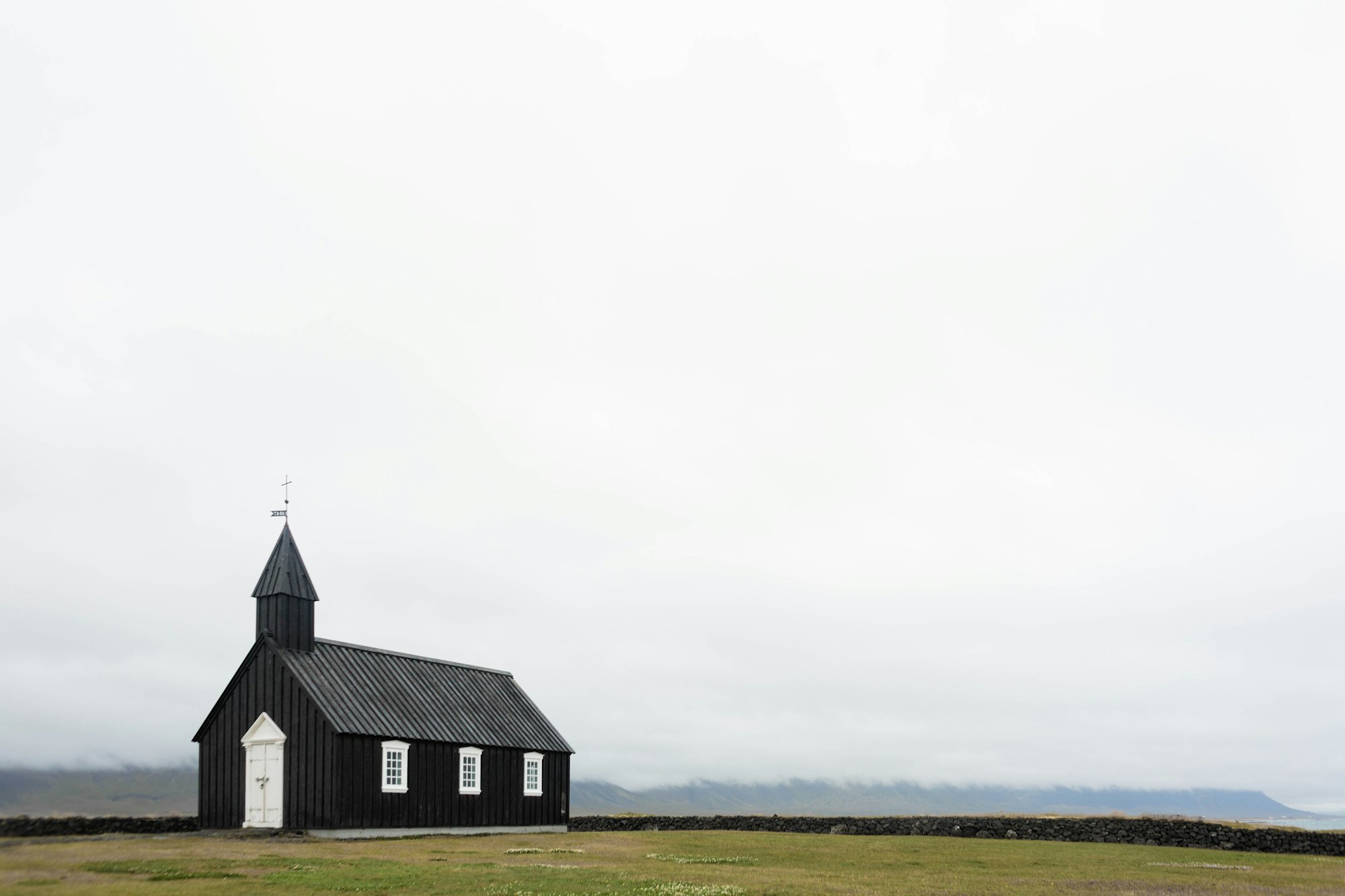Becoming the Church
Are we living in community?
Community is is a word that gets thrown around a lot. The dictionary defines “community” as a group of people who live together or who share something in common. We take that loose definition and define our communities in various ways.
People reading this are part of a community. Schools are communities. Friend groups are communities. Your neighborhood is a community. Teams and clubs are communities. We also have online communities of people that we connect with.
Being part of a community is a huge part of the Bible.
Beginning in Genesis, God creates a human and places them in the Garden. God then notices the human is lonely and creates a second human. From nearly the moment of creation, God recognizes the importance of community.
Jesus, who is God in human form, didn’t roam the world and spread his message alone. He built a community that traveled and lived together, sharing the message with everyone they met.
Revelation shows the vision of community with God being restored. The city of New Jerusalem is the ultimate form of community, bringing people and God back together.
Based on the Bible, it’s clear community should be a vital part of our lives. Yet, because we’ve defined “community” so loosely — people who share something in common — we’re actually ignoring the Biblical definition. We think we’re living in community when in reality we’re more divided than ever.
We need to move beyond how the world has defined community and explore ways to live in Biblical community.
We have to start with what Biblical community is. It’s way more than people who share something in common.
After Jesus was crucified and resurrected, the Disciples and those who heard his message created what we now call “the church”. The church was not a building or a place people went to. In the Bible, the church is the people following Jesus’ teaching.
You might remember that old children’s song. “I am the church, you are the church, we are the church together.” This is how the Bible defines the church.
Yet, in our world we’ve defined church as a place we go. We go to church. We’re part of a church. Unfortunately our churches, our buildings and places, are often what help divide and separate us from others.
In the Book of Acts we see a glimpse of what “the church” looks like.
Acts is the story of people who continuing Jesus’ message and creating “the church”. In Acts 2:42–47 they set the example for what “the church” should look like:
42 The believers devoted themselves to the apostles’ teaching, to the community, to their shared meals, and to their prayers. 43 A sense of awe came over everyone. God performed many wonders and signs through the apostles. 44 All the believers were united and shared everything. 45 They would sell pieces of property and possessions and distribute the proceeds to everyone who needed them. 46 Every day, they met together in the temple and ate in their homes. They shared food with gladness and simplicity. 47 They praised God and demonstrated God’s goodness to everyone. The Lord added daily to the community those who were being saved. Acts 2:42–47 (CEB)
This is such a wonderful passage. It provides a blueprint for how “the church” — the people who follow Jesus — should act. Tucked in this amazing passage is the definition of “the church”.
- “The church” is a community.
- “The church” is united.
- “The church” is together.
- “The church” includes everyone.
This is not how our world works, is it?
Our world is not united. We could easily start arguing about our belief of the best sports teams or politicians or any number of things that divide us. When we are divided we are not together we are not fully living as “the church”.
Our world surely does not include everyone. There are people that slip through the cracks or are intentionally shunned from being part of our communities. We make decisions every day to exclude people from our groups or friend. When we exclude people we are not fully living as “the church”.
The truth is, we’ve gotten comfortable going to church and not being the church.
This year we’re going to focus on moving beyond the things preventing us from being the church. We’re going to focus our energy on living into the Acts definition of “the church”. Throughout the year we’re going to explore how to live in community, what it means to be united, how to be together, and how to be inclusive of everyone.
But here’s the thing: we can’t just do this on Sundays. If we do, we perpetuate the current definition of community. We’ll continue to just be a church and not live everyday as the church.
On Sundays we’ll discuss ways to live as the church. We’ll explore what that means and how we can better live in community throughout the week. But the rest will be up to each of us to live differently day to day.
We need to start by being together, being united, and being inclusive. If we exclude or demean or ignore commonalities then we’re not living as the church. That’s where we start. Then we move into the next step where we fully live into the definition presented in Acts:
We devote ourselves to living Jesus’ teaching, we share meals with each other, and pray together. We are open to the awe and miracles of God. We share our possessions with each other and care for those in need. We worship together and praise God daily.
This is how we, the church, are supposed to live: In community. United. Together. Inclusive.